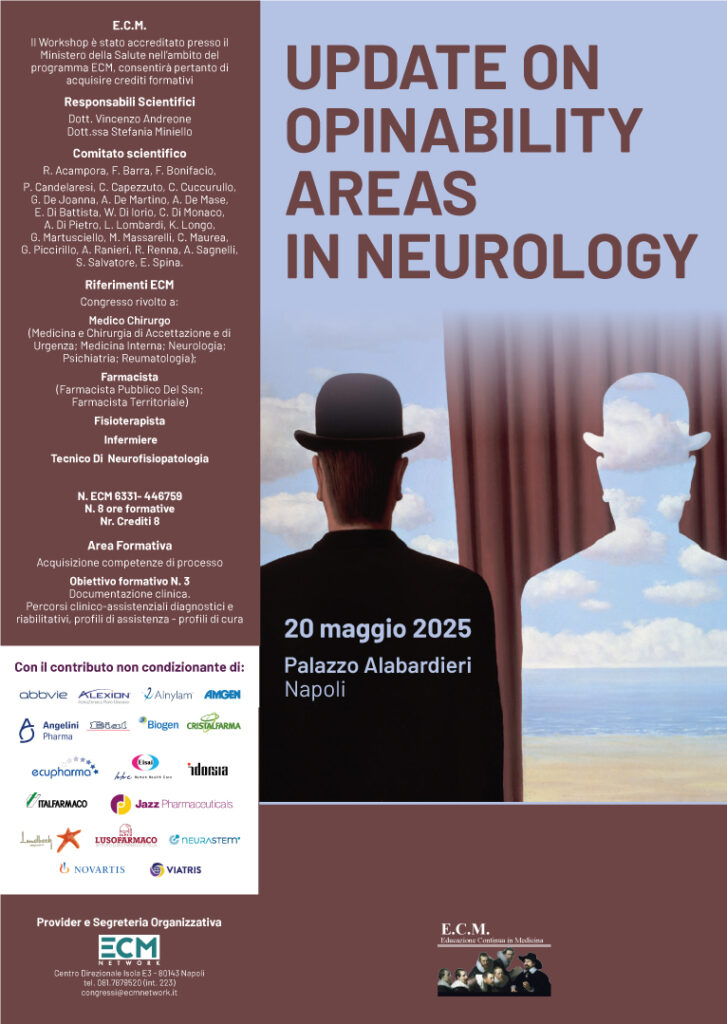20/05/2025
Update on Opinability Areas in Neurology
Few medical specialties have undergone such groundbreaking changes in such a short period as Neurology. It has transitioned from a hazy and somewhat mystical, yet nihilistic, field to a modern, scientific, and often treatable medical area. Moreover, general diagnostic and treatment strategies have frequently given way to tailored approaches. Indeed, thanks to major advancements in the diagnosis and treatment of cerebrovascular diseases, particularly ischemic stroke, the most common neurological disease, we can now halve stroke-related disability.
The advent of monoclonal antibodies has dramatically improved the quality of life for people suffering from episodic and chronic migraines and is poised to revolutionize the treatment of dementias. Multiple sclerosis and neuro-immunological CNS and PNS disorders can now benefit from modern diagnostic criteria and innovative care, significantly modifying the course of these diseases. Furthermore, new and more tolerable drugs have expanded treatment options for epilepsy, and new frontiers are being explored in the management of advanced Parkinson’s disease.
However…
Is it all so clear? Is there sufficient and robust evidence supporting our everyday clinical decision-making? The aim of this conference is to shed light on many persisting grey areas in Neurology.
Experts in specific fields will take turns, presenting their viewpoints and, whenever possible, attempting to address your doubts in a friendly and engaging discussion.
The advent of monoclonal antibodies has dramatically improved the quality of life for people suffering from episodic and chronic migraines and is poised to revolutionize the treatment of dementias. Multiple sclerosis and neuro-immunological CNS and PNS disorders can now benefit from modern diagnostic criteria and innovative care, significantly modifying the course of these diseases. Furthermore, new and more tolerable drugs have expanded treatment options for epilepsy, and new frontiers are being explored in the management of advanced Parkinson’s disease.
However…
Is it all so clear? Is there sufficient and robust evidence supporting our everyday clinical decision-making? The aim of this conference is to shed light on many persisting grey areas in Neurology.
Experts in specific fields will take turns, presenting their viewpoints and, whenever possible, attempting to address your doubts in a friendly and engaging discussion.

Dettagli Evento
- Inizio Corso
-
- Indirizzo
-
-
- Responsabile Scientifico
-
- ID Ecm
- N. crediti
- N. ore formative
-
- Obiettivo Formativo
-
-
-
-
-
-
- Destinatari dell’iniziativa
- 20 Maggio 2025
-
-
Palazzo Alabardieri
Napoli -
-
Dott. Vincenzo Andreone
Dott.ssa Stefania Miniello -
- N. ECM 6331-446759
- 8
- 8
-
-
Acquisizione competenze di processo
Obiettivo formativo N. 3
Documentazione clinica. Percorsi clinico-assistenziali diagnostici e riabilitativi, profili di assistenza - profili di cura -
-
Medico Chirurgo
(Medicina e Chirurgia di Accettazione e di Urgenza; Medicina Interna; Neurologia; Psichiatria; Reumatologia);
Farmacista (Farmacista Pubblico Del Ssn; Farmacista Territoriale)
Fisioterapista
Infermiere
Tecnico Di Neurofisiopatologia
